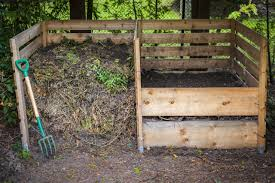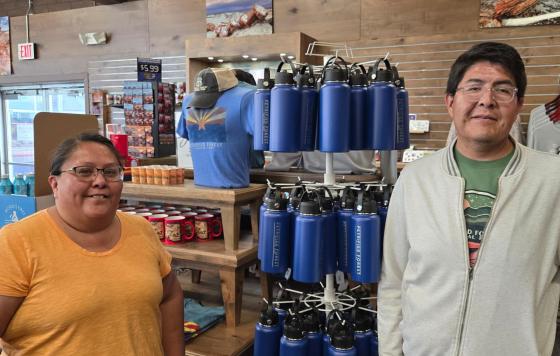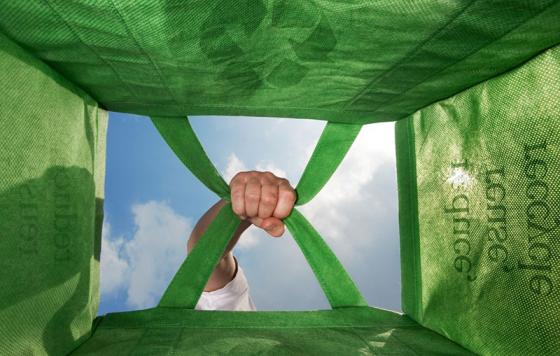
Since November, Baltimore County has been convening a Solid Waste Work Group has been meeting to review how trash is managed in the county and make recommendations for improvements. Their final meeting is this Thursday, March 4, and the County's consultant, GBB (a company selected by the Northeast Maryland Waste Disposal Authority), will be presenting 18 Proposed Tactical Plan Strategies, followed by a public hearing. If you live in Baltimore County or otherwise care what the County does with its waste, join us at the public hearing on Thursday 3/4 at 5PM. Sign up to testify here!
We're very glad that Baltimore County is taking a close look at managing its solid waste differently; good solid waste management practices are one of the most important ways local governments can protect the environment and fight climate change (especially in places that currently rely on trash incineration, like Baltimore County - did you know the County sends its waste to the BRESCO trash incinerator in Baltimore City?). Solid waste management is complex and projects can take years to get off the ground; planning processes like this are critical to set counties on the right path. We got a preview of the 18 strategies at last week's Work Group meeting; there are good pieces that are part of a zero waste future for Baltimore County. But we also have some significant concerns.
First, some of the good:
- a strategy for zero waste education and outreach, including backyard composting, food capture for donation, and refill/reuse programs.
- a strategy to improve the County's existing Materials Recovery Facility, which processes and sorts recyclables before sending.
- a strategy to give standardized recycling carts to all County residences, a move that makes it easier for people to recycle. Baltimore City just announced that they're rolling this out this year.
- a strategy to test different ways of getting food scraps out of the trash and into compost.
But some of the proposed strategies have us worried. In particular, several have to do with building a large mixed waste processing facility. If it's focused solely on composting organic waste and getting more recyclables to the Materials Recovery Facility, that could be a good thing - but facilities like this often involve processing trash into fuel to be burned. Earlier in the work group, a company presented about one such facility that involved burning processed trash. We're spending a lot of energy this month working to reduce the support Maryland gives to trash incineration; we wouldn't want to see another facility that burns trash proposed for Baltimore County.
The proposed strategies could also go a lot farther in developing real zero waste practices for Baltimore County. Other counties in Maryland have seen great success developing new composting infrastructure and getting food waste out of the trash in schools, for example. We'd love for Baltimore County to follow suit and put a higher priority on compost.
The good news is that your voice can make a difference! At the Work Group's meeting on Thursday at 5PM, they'll spend the first hour going over the proposed strategies in detail, then they'll take public comment. (If you want to take a deeper dive before the presentation at the meeting, all of the Work Groups' agendas, minutes, and meeting recordings can be found here.) Based on this public hearing, the Work Group members will each be evaluating the strategies proposed by the consultant, whether they should be included in the final plan, and how they should be prioritized. Sign up here to join the Work Group meeting, hear more about the strategies for yourself, and testify on how you think Baltimore County should plan for the future of its trash!


